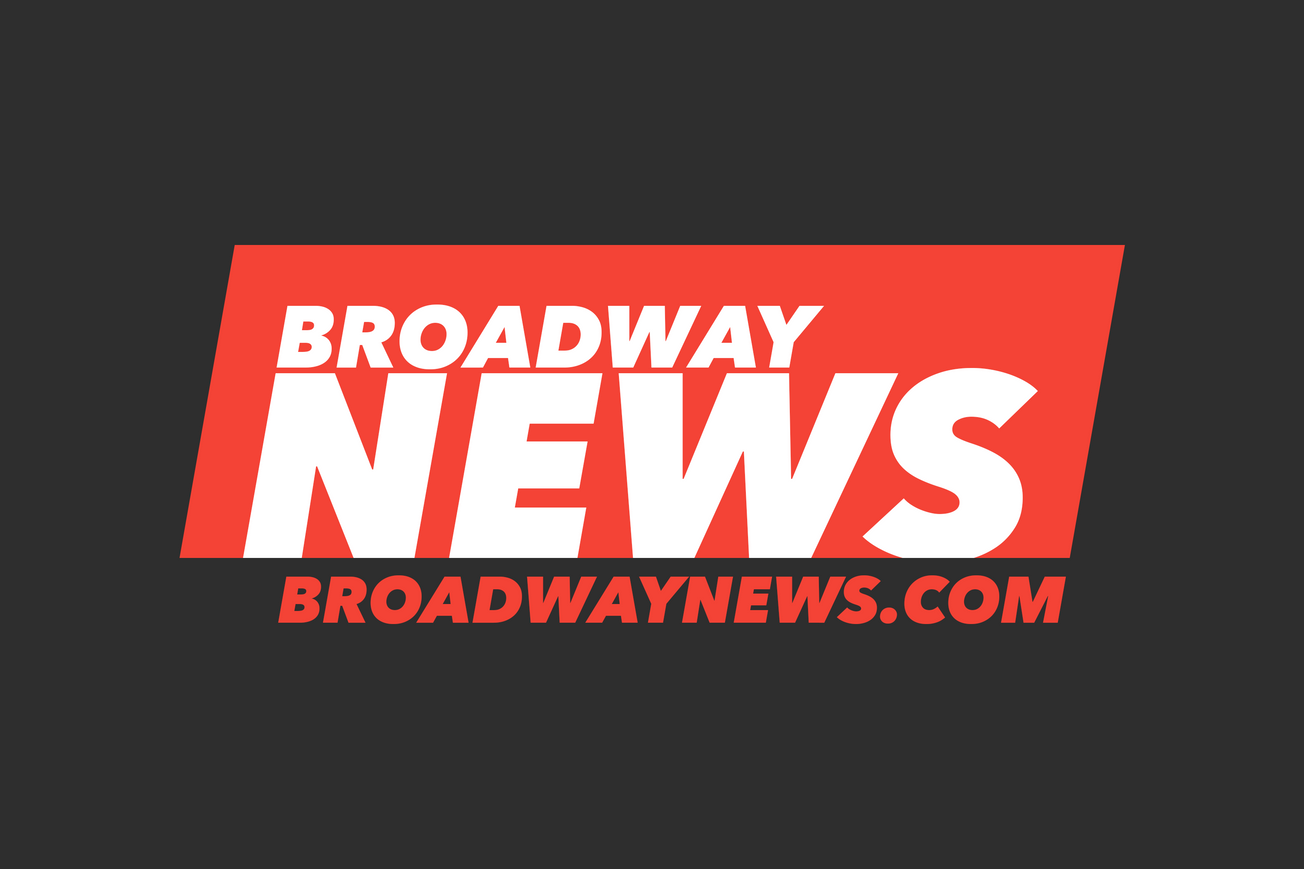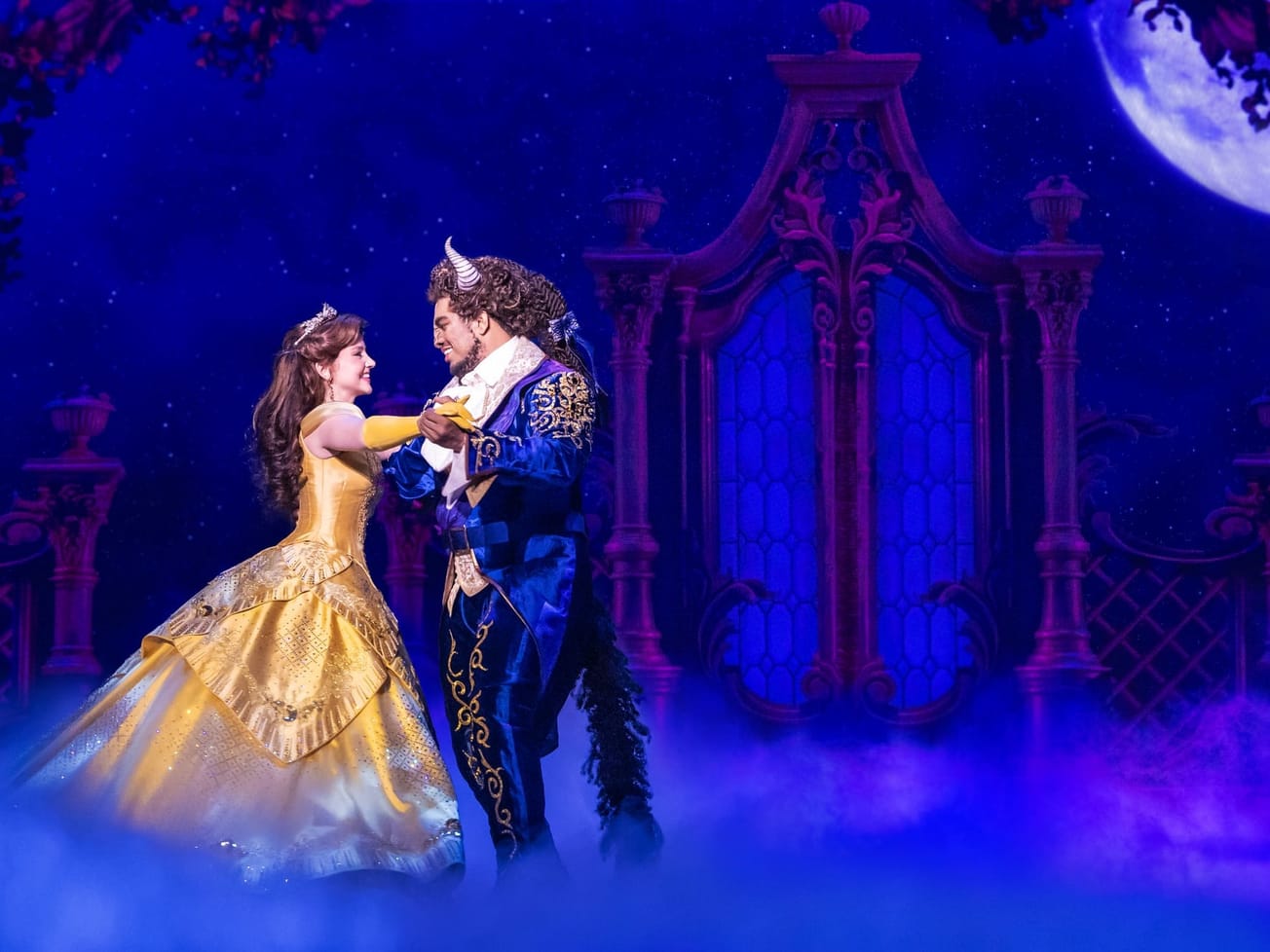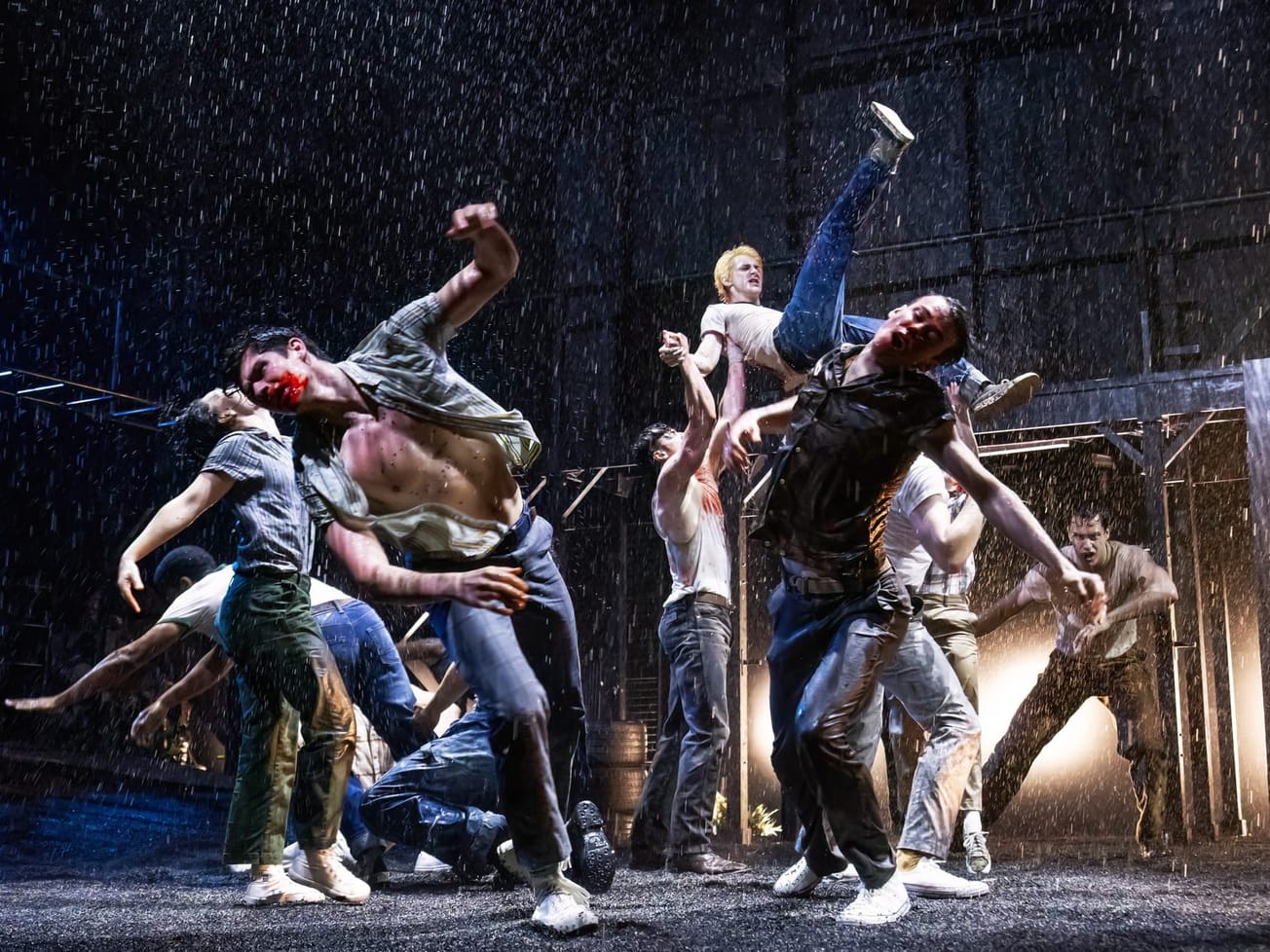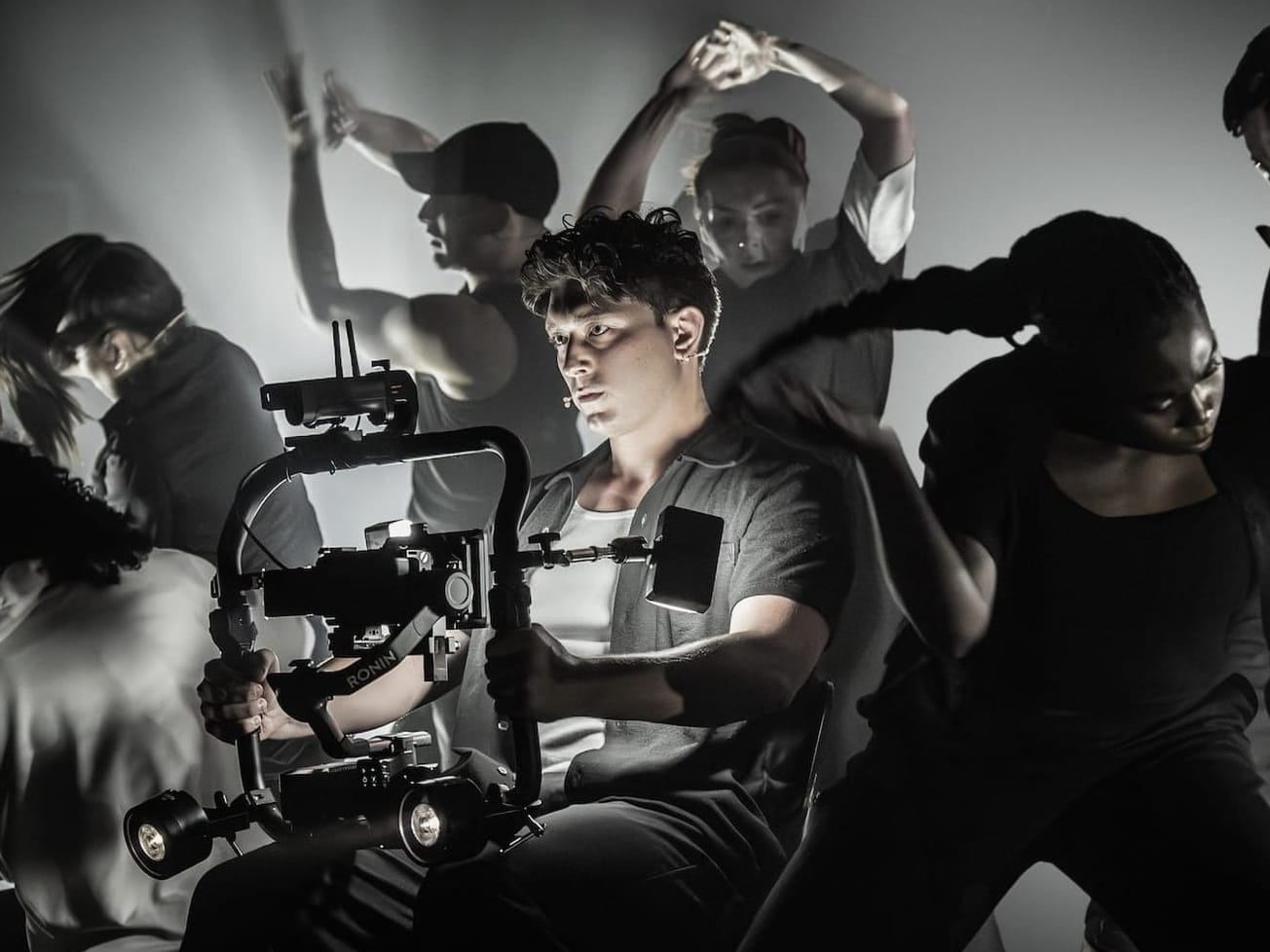New York Gov. Andrew M. Cuomo laid out a framework Monday for reopening Broadway theaters and other indoor venues.
While Cuomo could not provide a specific timeline for bringing back Broadway, he said the state is moving toward reopening venues by using rapid testing and socially distanced seating with reduced crowd sizes. The state piloted that approach through a January Buffalo Bills game and it plans to continue using it to open up weddings at indoor venues to 150 people in March.
The next step is to try out COVID-19 testing and small crowd sizes at indoor performance spaces, such as the Shed and the Apollo Theater, as part of the state’s recently announced pop-up arts program.
“The overall effort is headed towards reopening with testing,” Cuomo said. “And we’re going to be smart, but also aggressive about it.”
However, Cuomo’s approach of small crowd sizes and socially distanced seating is a model that Broadway leaders have previously said is not possible due to the financial constraints of the industry. The Broadway League declined to comment on this proposal.
Broadway theaters have been closed since March 12, 2020 and are currently closed through at least May 30, 2021.
Reopening Broadway theaters would be a gradual progression from the outdoor Bills stadium — which held 7,000 fans, who were all tested and have not since showed increased spread of COVID-19, according to Cuomo — and wedding venues, which are set to open up their capacities beginning March 15.
Cuomo said he would then feel comfortable attending a play with 150 people — notably a very low number for a Broadway playhouse — if the audience was socially distanced, tested beforehand and the theater had proper air ventilation and protocols signed off on by the state’s department of health. Reopening also depends on the case numbers in the area, he said.
“You can open a Broadway stage with a set percentage of occupants, where people have tested prior to walking into that Broadway theater,” Cuomo said.
The state also plans to accelerate the reopening of the arts industry through 300 artistic pop-ups over 100 days. The performances, part of a program called NY PopsUp, will begin Feb. 20 at the Javits Center with a tribute to healthcare workers. Other performance venues include parks, subway platforms, skate parks and fire escapes.
The Tribeca Film Festival will take place as part of the program this June, marking the first in-person film festival in North America since the start of the pandemic. Screenings will take place in parks, on piers and on buildings.
Performances will later move to stages at venues such as the Shed, the Apollo Theater, Harlem Stage and LaMama with COVID-19 testing for audience members and flexible seating, which will also provide a trial run of Cuomo’s model for reopening.
The performances are free and are not designed to be pre-scheduled, so that they do not draw a crowd. They will also be available online.
Performers announced Monday include several Broadway names, such as Hugh Jackman, Gavin Creel, Billy Porter, Larry Owens, Mandy Patinkin, Matthew Broderick, Sarah Jessica Parker, Sutton Foster, Jessie Mueller and Renée Fleming.
As previously reported, Scott Rudin and Jane Rosenthal, co-founder of the Tribeca Film Festival, are leading the program, alongside the New York State Council on the Arts. The program will conclude with events around the reopening of Little Island, a new public park on the Hudson River.
“Frankly, our most profound hope is that by the time NY PopsUp culminates on Labor Day, New York will be fully on the way to being reopened and revitalized and that this initiative, having served its purpose, will no longer be necessary. It’s the spark, not the fire — the fire is the complete return of all the arts, in their full glory, standing as they always have for the rich, emotional life of the city and state in which we both live,” Rudin and Rosenthal said in a press release about the initiative.


























































